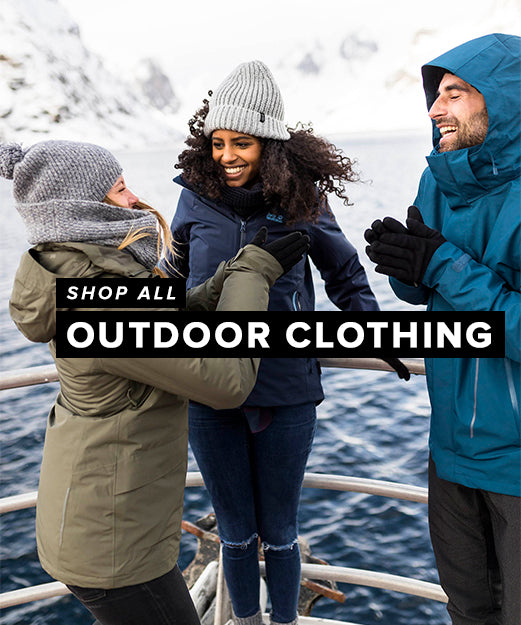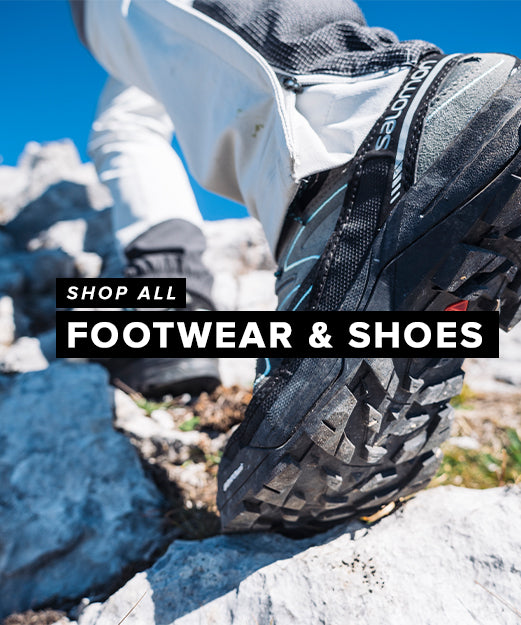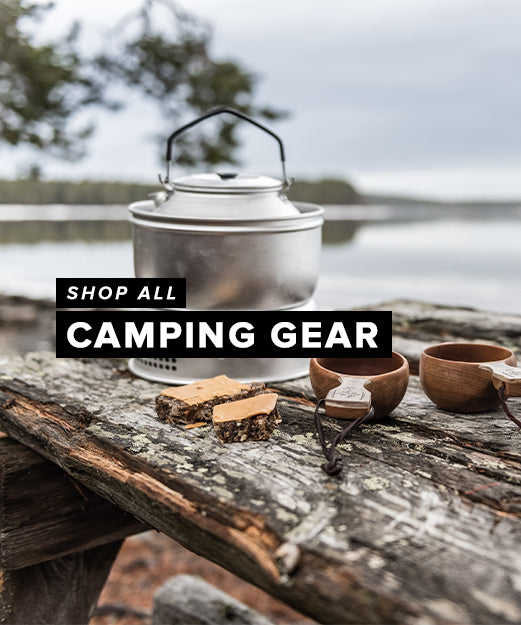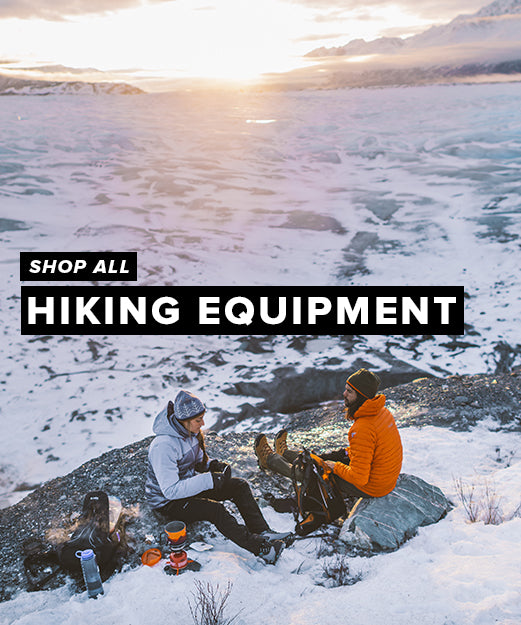Packing It In
A safari is the holiday of a lifetime. Although for generations the term implied hunting for big game (legally or not), the only shooting allowed on most modern safaris is photography. Many people save for years and spend many enjoyable hours planning their holiday; it's important to consider not only when and where the safari will happen, but also the gear and various gadgets that can help holidaymakers have the most memorable safari excursion possible.
Water, Sunscreen, Cameras and Bags
Two things are absolutely essential on all safaris: bottled water and sunscreen. This is obvious, but many people don't realize that the way they pack these crucial items can have a serious impact on the entire holiday. The key is to have the items stored conveniently out of the way, but in a place where they can be easily and quickly accessed. Seasoned safari goers recommend a rugged canvas pack with a handle and shoulder strap; the bag should be taller than it is wide. This shape keeps the bag lying close to the body without constantly bumping other people in the party; if the safari takes place in a car or jeep, rectangular bags conserve interior real estate, allowing more room for photography and relaxation. The most convenient travel bags also have room for a camera, spare batteries, memory cards and sometimes even a selection of lenses. Many people intend to use their smart phone to capture photos and videos on their safari; this option may work in a pinch, but holiday makers should consider investing in a Canon Mk III or similar camera that offers even better results.
Night Vision
Safari's aren't just daytime events; some of the world's most amazing creatures emerge at dusk to hunt during the night, when it's cooler and fewer predators are about. Because nocturnal animals can be easily spooked by bright lights, night vision goggles or binoculars are an asset. Goggles keep the hands free, which is particularly useful for those who need to drive after dark without the lights on; binoculars may, however, be more affordable. There's also a third option available: the monocular. As its name suggests, a monocular is a single scope - think of it as half of a pair of binoculars - and is usually very light and easy to carry.
Solar Chargers
Solar chargers are also extremely useful while on safari. These use sunlight to charge electronic devices such as GPS systems and cameras. Many travelers have used manual crank chargers for decades; these are effective, but require lots of proverbial elbow grease to do the job. Solar chargers are just as effective (and often more so) and work passively, saving safari goers from having to work up a sweat under the hot African sun. Because electrical power is at a premium in many areas, even modern hotels and lodges may turn most of their generators off at certain times of day; crank/solar chargers handle this situation nicely.
Drinking Water Purification
Water purification is another potential concern for those on safari. Of course, most safari groups don't plan to stay in the wilderness for days or weeks at a time; jeeps and other off-road vehicles allow safari groups to travel quickly over long distances and return to civilization after each day's sightseeing. It's always prudent, however, to plan for unexpected problems; in Africa, water purification can be a major concern. Using a small camp stove or building a fire and heating water to 100 degrees Celsius will kill all harmful organisms in it. Chemical purifiers are also useful; two of the most useful water purification chemicals for safaris are chlorine and silver. Chlorine is especially popular because it works in about ten minutes; water treated with silver may take as long as two hours to become potable.
Sense Africa offers tailor made safaris.
 NEW!! Free UK Delivery
NEW!! Free UK Delivery Hassle-Free Returns
Hassle-Free Returns Clearpay
Clearpay









